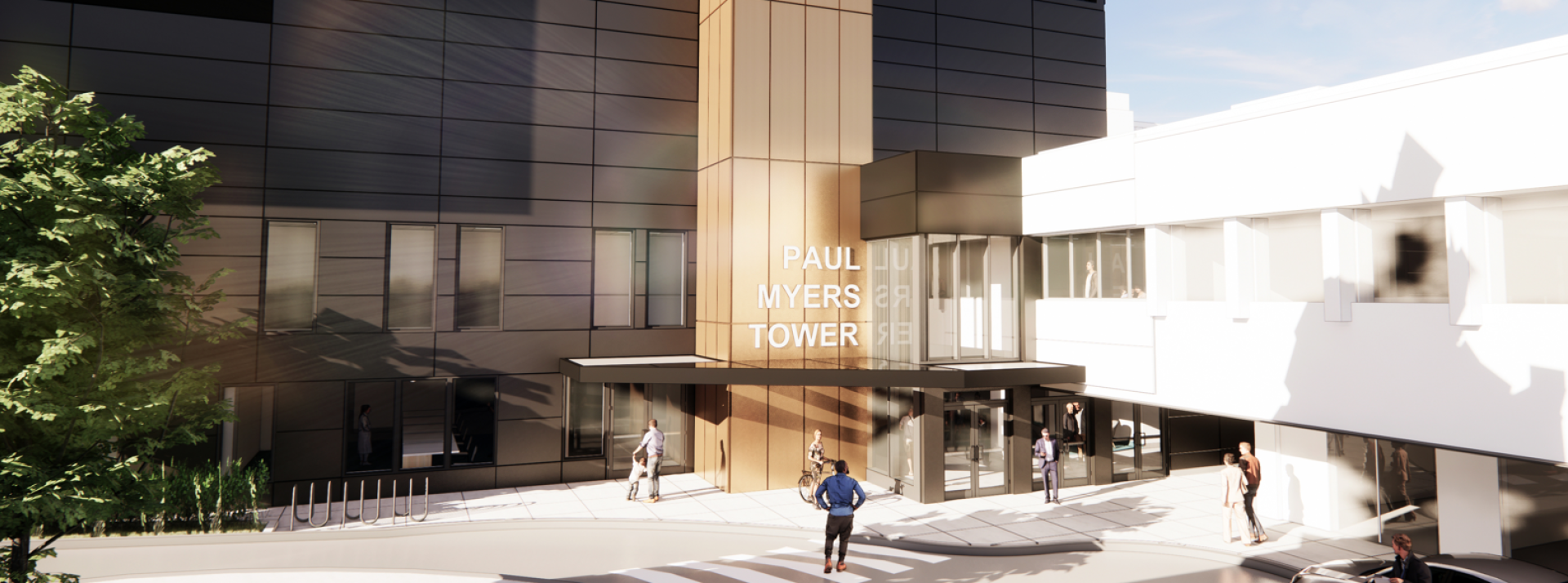Development projects
We are building the future of health care through new buildings and enhanced facilities to transform the patient and family experience, build capacity and improve access to care closer to home.

We are building the future of health care through new buildings and enhanced facilities to transform the patient and family experience, build capacity and improve access to care closer to home.
